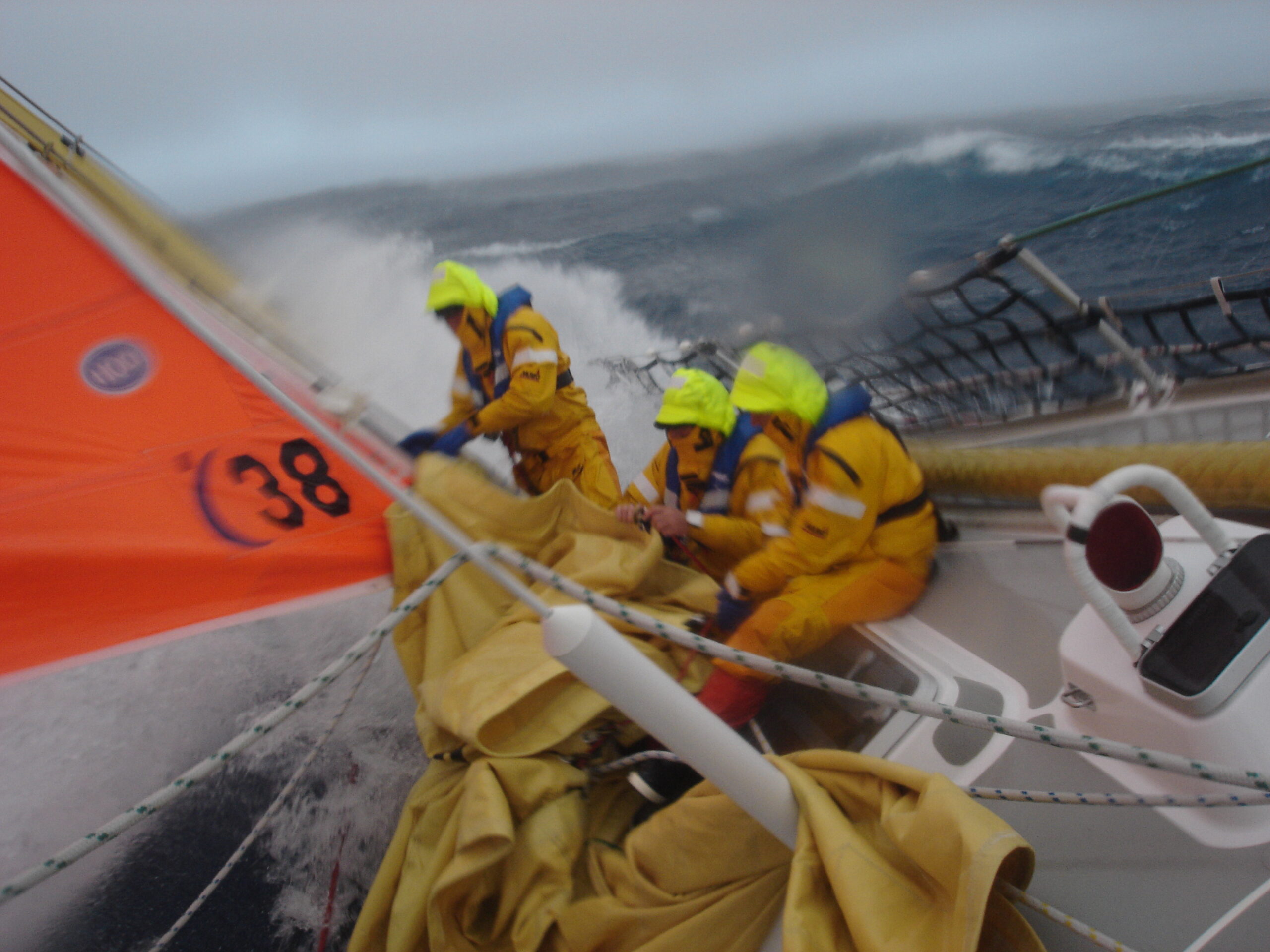
Voyages of discovery?
Scottish fishermen being in the Arctic ocean at the time of the Reformation between the time of Henry VIII and Good Queen Bess has stirred a bee in my bonnet. I’ve felt for some time that historians, or at least the official ones have a habit of thinking that the methods of previous generations were no more than the early developments of todays technology, when, in fact the technologies were fully developed in themselves. Admittedly not at an academically sophisticated mathematical level but most certainly at an advanced artisan stage. It is assumed that the early sailors could not make long ocean voyages or survive in harsh sea conditions. The first example is the Greek dismissal of the Phoenician claims to have circumnavigated Africa. Was it possible in Mediterranean craft? The boats were propelled by a mixture of oar and sail and the Phoenician sailors were professional with levels of skill like the present day round the world yachtsmen. With oars, a boat making 2 miles per hour for ten hours may only travel 20 miles, but in 50 days that is 1000 miles. However, they would be skilled in the use of wave power, allowing them to surf at much greater speeds in places like the Channel or along the Atlantic coast. It is well documented that the Phoenicians traded with the Tin Islands of Britain, so the Bay of Biscay was well known to them and no deterrent to trading voyages.
Having in mind such evidence of long sea voyages in what today would be regarded as hazardous sailing conditions, is it not possible fishermen and small European traders visited America centuries before Columbus?
Were the great voyages of discovery heralded by simple mariners going about their lawful occasions and coming back to talk about their experiences. Is Marco Polo just an example of older, unrecorded treks and voyages? In fact, did he go to confirm tales he had heard as a boy?